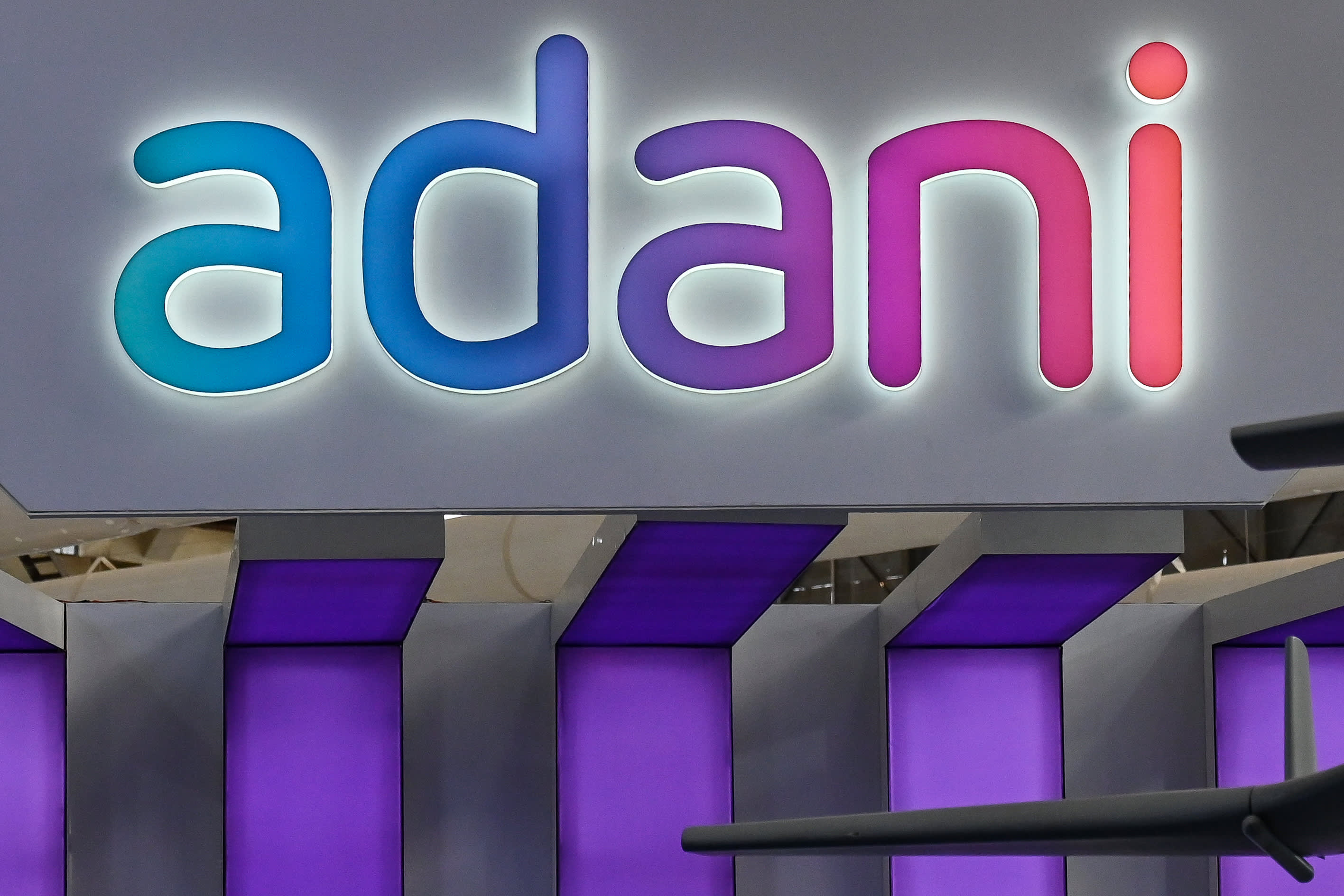
India’s supreme court has set up an independent panel to investigate if there were regulatory failures related to allegations against the Adani Group, after a bombshell report from a U.S. short seller.
The country’s highest court directed a six member panel to probe “regulatory failure in dealing with the alleged contravention of laws pertaining to the securities market in relation to the Adani Group,” a Thursday court order said.
The committee will also provide an “overall assessment of the situation including the relevant causal factors which have led to the volatility in the securities market in the recent past,” added the court order.
In addition, the panel will suggest measures to strengthen the regulatory framework and “secure compliance with the existing framework for the protection of investors.”
India’s Supreme Court action comes slightly over a month after Hindenburg Research released a lengthy report on Jan. 24, accusing Adani Group of stock manipulation and fraud. In a rebuttal that ran over 400 pages, the group denied any wrongdoing.
The debacle led to a massive selloff in the Group’s stocks and has wiped out roughly $140 billion in market value from the seven largest listed companies under the conglomerate.
The panel will be headed by Justice Sapre, a retired judge of the Supreme Court. The other members of the committee include OP Bhatt, KV Kamath, Nandan Nilekani and Somsekhar Sundaresan and retired Justice JP Devdhar.
Stock manipulation?
The Supreme Court has also directed the country’s markets regulator, the Securities and Exchange Board of India, to probe “whether there was any manipulation of stock prices in contravention of existing laws,” the court order said.
“SEBI shall expeditiously conclude the investigation within two months and file a status report,” it added.
India’s top court said its directive was prompted by the “loss of investor wealth in the securities market over the last few weeks because of a steep decline in the share price of the Adani Group of companies,” and a need to protect Indian investors from market volatility.
Those petitions included requests to examine issues over “public money” being “at risk because public institutions like the State Bank of India and the Life Insurance Corporation of India are exposed to the Adani Group,” the court order said.
Both institutions told CNBC recently that their exposure to the Adani Group was manageable.
In a recent blog, Aswath Damodaran, finance professor at New York University’s Stern School of Business, argued the Adani Group has exploited the “weakest links” in India’s institutions to its advantage. He also said the Adani affair provides an opportunity for Indian institutions to learn lessons and try to fix the problems.
“As for the institutions involved, which include banks, regulatory authorities and [Life Insurance Corporation], I have learned not to attribute to venality or corruption that which can be attributed to inertia and indifference,” the economist said on his blog.
“A more nuanced version of the Adani story is that the family group has exploited the seams and weakest links in the India story, to its advantage,” he said, adding that “there are lessons for the nation as a whole, as it looks towards what it hopes will be its decade of growth.”
Modi-Adani links
Billionaire founder Gautam Adani, whose family runs the ports-to-energy conglomerate, said he welcomed the Supreme Court’s order.
“The Adani Group welcomes the order of the Hon’ble Supreme Court,” Adani wrote on Twitter on Thursday. “It will bring finality in a time bound manner. Truth will prevail.”
The mogul’s rapid downfall has sparked renewed scrutiny on his close ties with India’s Prime Minister Narendra Modi.
Last month, billionaire investor George Soros alleged the Adani turmoil will greatly weaken Modi’s grip on power and lead to a “democratic revival” in the country.
Soros’ criticism, specifically, focused on the cozy relationship between Modi and Adani. Both men hail from India’s Western state of Gujarat. Adani was an early supporter of Modi’s political aspirations and championed the Indian leader’s growth vision for the country.
“Modi and business tycoon Adani are close allies; their fate is intertwined. Adani Enterprises tried to raise funds in the stock market, but he failed,” said Soros.
“Adani is accused of stock manipulation and his stock collapsed like a house of cards. Modi is silent on the subject, but he will have to answer questions from foreign investors and in parliament,” the investor added.
Source: CNBC
